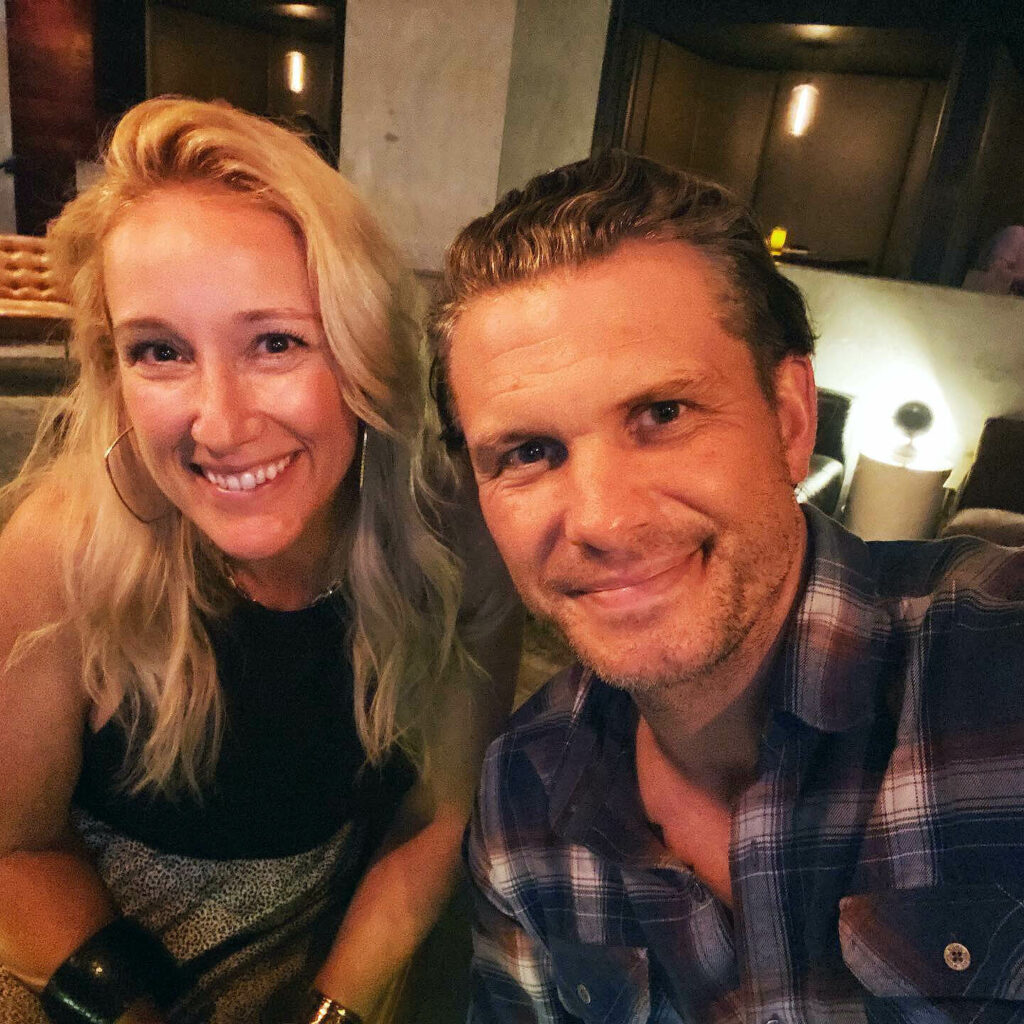
Pete Hegseth’s Controversial Hearing: A Critical Examination
Pete Hegseth’s appearance before the House Veterans’ Affairs Committee on March 3, 2023, sparked intense debate and highlighted the growing divide in American society. As a vocal conservative commentator and former military officer, Hegseth has been accused of promoting divisive and harmful rhetoric. This article examines the key takeaways and reactions to his controversial hearing, considering various perspectives and data points to provide a comprehensive analysis.
Allegations of Insensitivity and Islamophobia
During the hearing, Democratic lawmakers questioned Hegseth’s character and accused him of making insensitive and Islamophobic comments. Representative Ilhan Omar criticized Hegseth for calling her and other Muslim congresswomen “the Jihad Squad,” while Representative Rashida Tlaib expressed concern about his views on the Muslim community. Hegseth defended his remarks, claiming they were taken out of context and that he was simply exercising his First Amendment rights.
Veteran Advocacy and Political Polarization
Hegseth, who served in the Army National Guard, remains a vocal advocate for veterans’ rights. During the hearing, he praised the work of the Department of Veterans Affairs and called for increased funding for veteran programs. However, critics argued that his political affiliations and inflammatory rhetoric undermined his credibility as a veteran advocate. They cited his support for former President Donald Trump, who has repeatedly made disparaging remarks about veterans, as evidence of his partisan bias.
Media Bias and Responsibility
The media’s coverage of Hegseth’s testimony also came under scrutiny. Conservative outlets largely portrayed him as a victim of political correctness, while liberal outlets condemned his comments and called for his removal from the Veterans’ Affairs Committee. Critics argued that the media’s focus on the controversy surrounding Hegseth rather than the substance of his testimony contributed to the polarization of the issue.
Expert Perspectives and Public Opinion
Experts in the fields of media, politics, and religion offered varying perspectives on the hearing. Some argued that Hegseth’s comments were protected by the First Amendment, while others condemned them as hateful and divisive. Public opinion was also divided, with polls showing that a majority of Americans disapproved of Hegseth’s remarks.
Implications for Civil Discourse
The Hegseth hearing has broader implications for civil discourse in American society. The increasing polarization of political views and the proliferation of misinformation and disinformation have made it difficult for people to engage in respectful and productive conversations. The hearing highlighted the challenges of balancing free speech with the need to foster a more inclusive and tolerant society.
Conclusion
Pete Hegseth’s controversial hearing raises complex questions about the nature of free speech, the role of political bias in veteran advocacy, and the responsibility of the media. While Hegseth’s comments were protected by the First Amendment, they also contributed to the growing divide in American society. The hearing serves as a reminder of the importance of civil discourse, the need for accountability in public figures, and the ongoing challenge of fostering a more inclusive and tolerant society.




